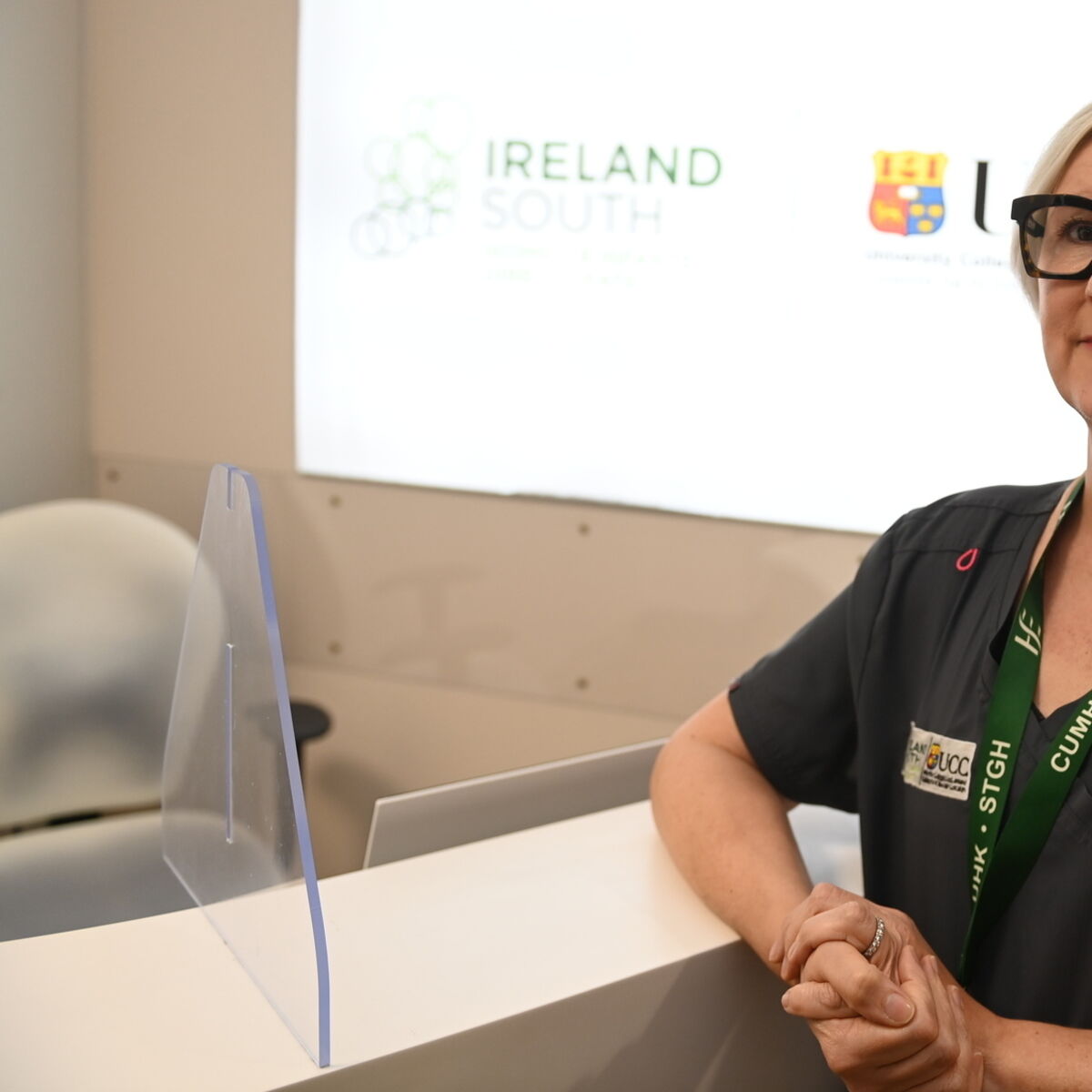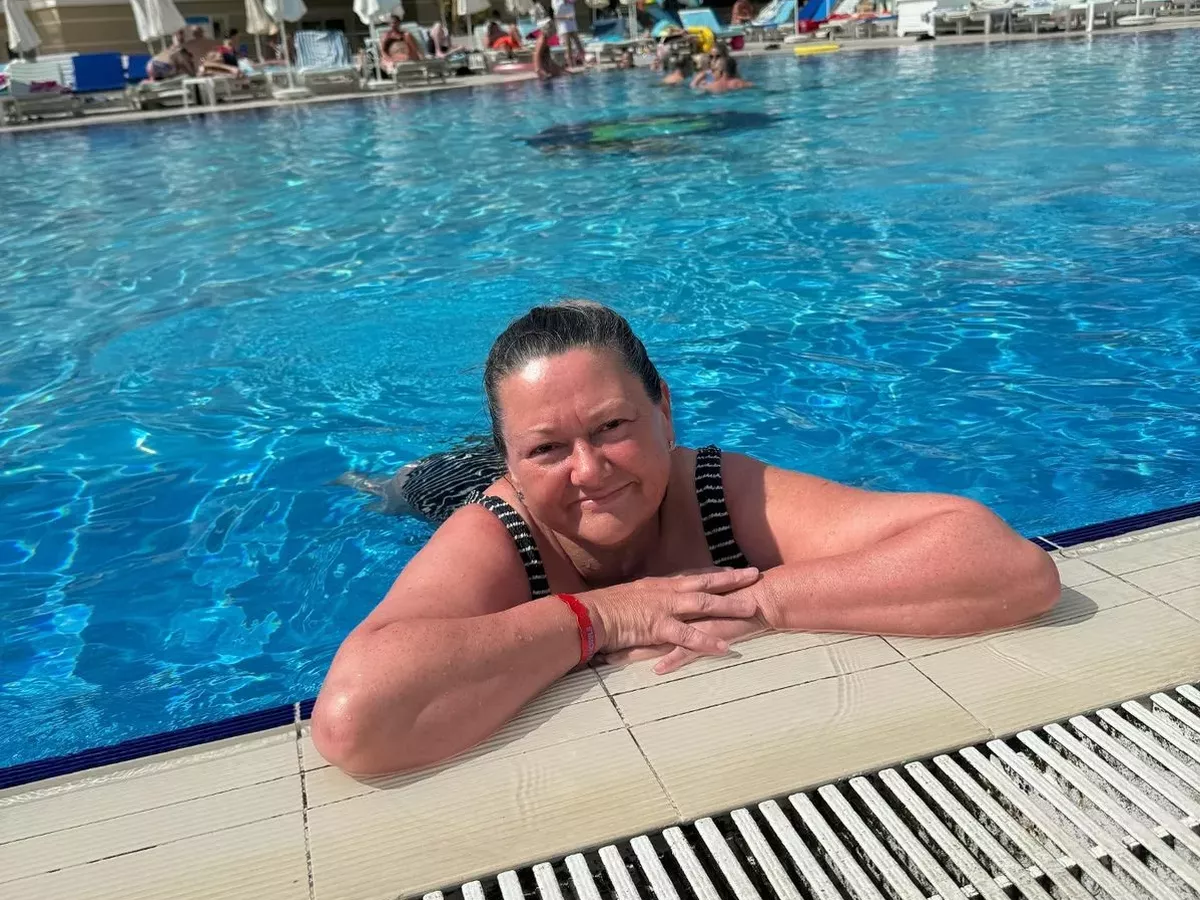Copyright irishexaminer

The use of vaginal mesh implants to treat pelvic organ prolapse and stress urinary incontinence was paused here after some women suffered life-changing negative impacts. However, the impasse has left highly trained doctors referring patients abroad on request even though they could perform the surgery. Travel is becoming so common that this week, at a seminar in Dublin organised by the Irish Continence Foundation, a Dutch urogynaecologist will give a presentation to medics here about his Irish patients. Campaigners are now asking why reforms have not been put in place as happened elsewhere. Una McCormack, from Dublin, lived with severe incontinence after a difficult birth in 2009. By 2018, she was on a waiting list for surgery after other options failed. “Incontinence literally robs you of participation in the most basic things in life, from the clothes you can wear to whether you will risk dancing at a celebration,” said Ms McCormack. “It robs you of your femininity.” When the surgery pause happened, she was shocked. I felt utterly abandoned by the health services." In 2023, she travelled to Madrid for tension-free vaginal tape surgery. She recalled the joy of her first beach run without bladder issues. “I’m very happy to say it is still holding out great.” In recent months, she has spoken to 44 women seeking advice about travelling abroad to have surgery. “The stories you hear would make you cry. I just don’t understand it. It’s medical madness.” The surgery is now available under the EU treatment abroad scheme even though Ms McCormack paid privately. “I shouldn’t have been forced to spend €15,000 to have a surgery that up to 2018 was freely available in Ireland, a country I’ve contributed all my working life in taxes to.” At Cork University Maternity Hospital (CUMH), consultant obstetrician and gynaecologist Suzanne O’Sullivan said: “We’re outliers on the world stage. We’re in clinics with women every single week, crying their eyes out, and they don’t want to go abroad. I think they’re right. I have patients who want to have this done in Cork, we have a really good service here.” Key reforms, including limiting which doctors could do the complex procedure, have been made, she said. “It’s the operation which has the best safety record and highest success rate of any procedure available for incontinence in the world.” Dr O’Sullivan also works at the HSE National Mesh Complications Services in CUMH with women who have mesh complications. “There are three groups of women that need to be fully considered. That group of mesh-injured women number one, the women who need surgery, and the thousands of women who had transformation of their life and been cured by surgery.” One Cork patient, Liz Lenehan, feels she is stuck in limbo. She knows women who have gone to Spain and Amsterdam for surgery but she wants to have the surgery at home. “I know Suzanne now for five years,” said Ms Lenehan. “People say there’s maybe complications with mesh so I’m not going to trust someone I don’t know.” She has struggled with incontinence linked to pregnancy for over 15 years, giving up running and other sports, but she said leaks happen now while just walking. “I feel it’s the same thing as it was with abortion before the referendum, they’re telling me what I can and can’t do with my body. They’re expecting me to travel to another country to get this procedure, they pay for it but they won’t pay for it here.” The Department of Health has said it received an updated report from the HSE’s National Vaginal Mesh Implant Oversight Group in February. “An evidence-based process to determine whether it is appropriate to re-introduce the use of uro-gynaecological (transvaginal) mesh” is underway with the HSE, said a spokeswoman. “This is an extremely complex and sensitive issue which requires a safety-first approach; therefore, it is not possible to give a timeline for decision at present.” She acknowledged that the procedure remains available “in some European countries”. She said the treatment abroad scheme supports treatment that is not available in patients’ home country.



